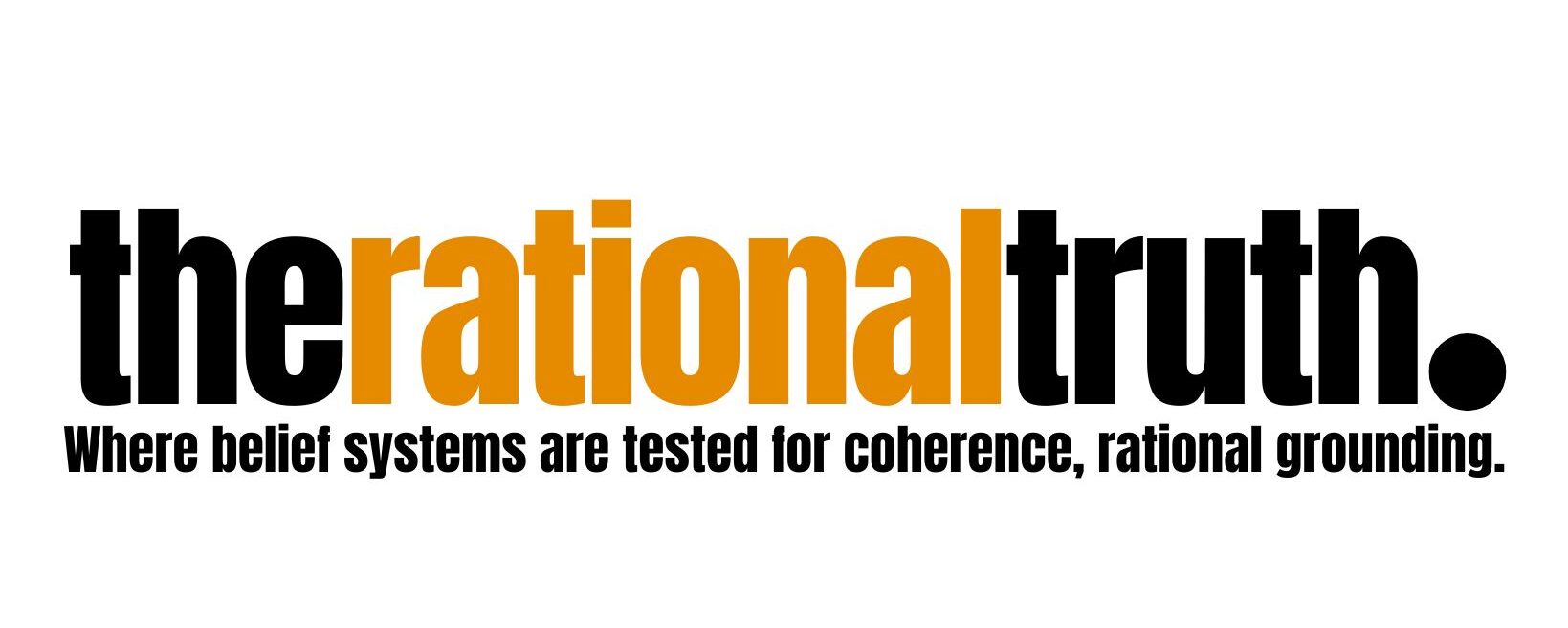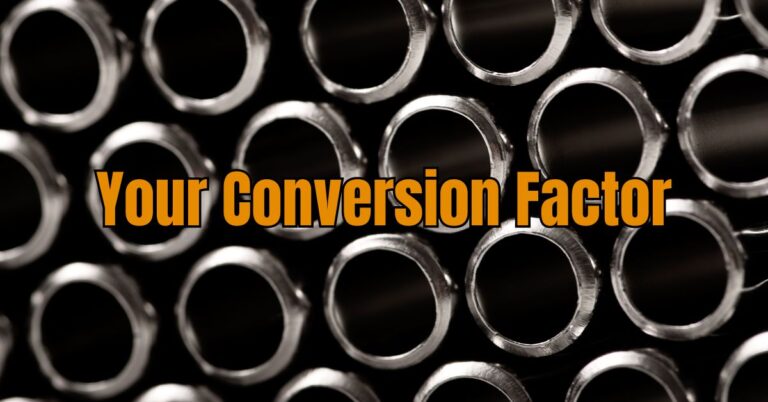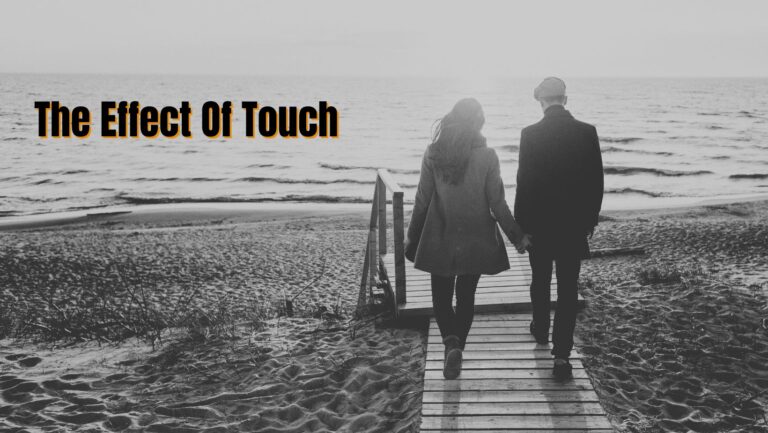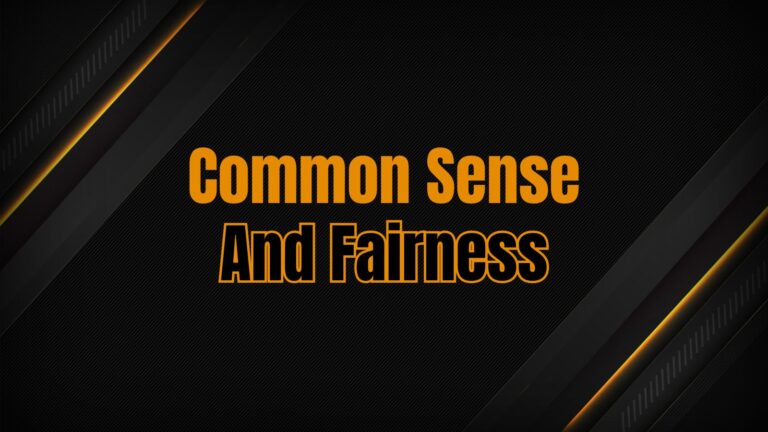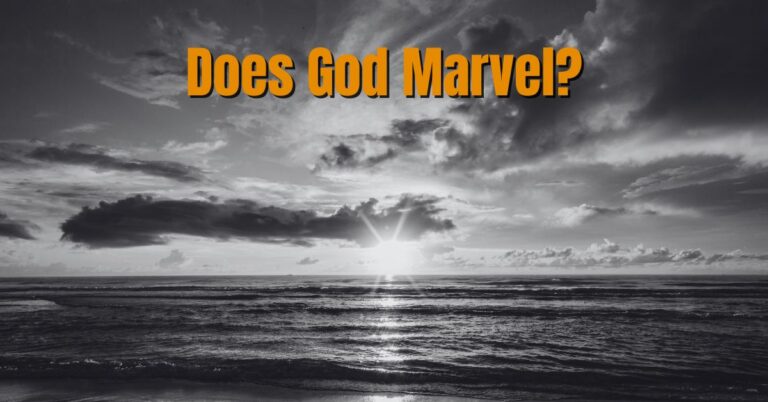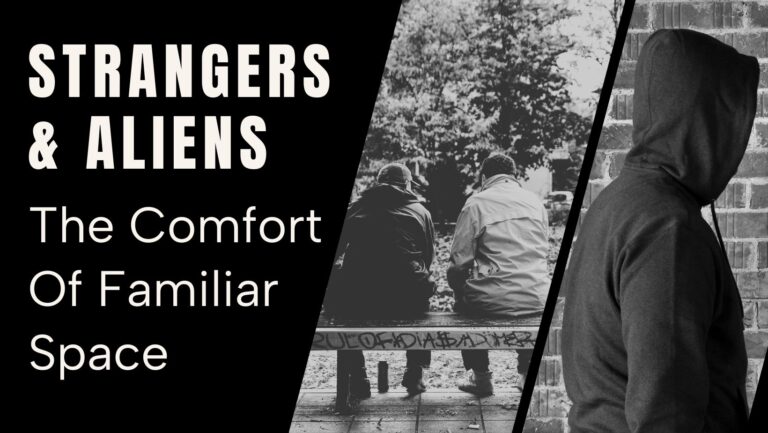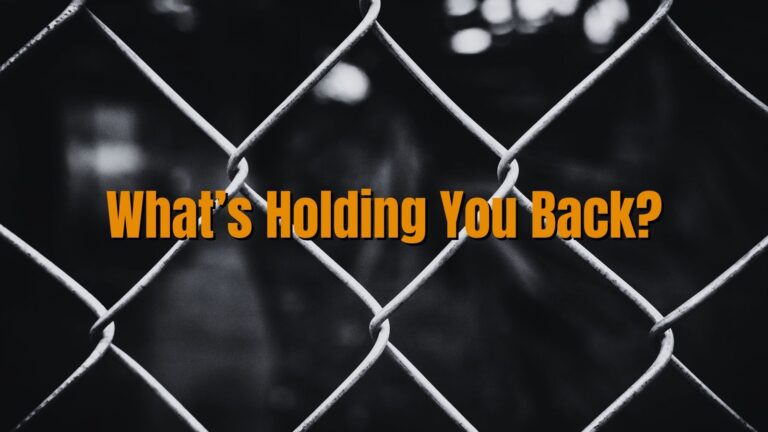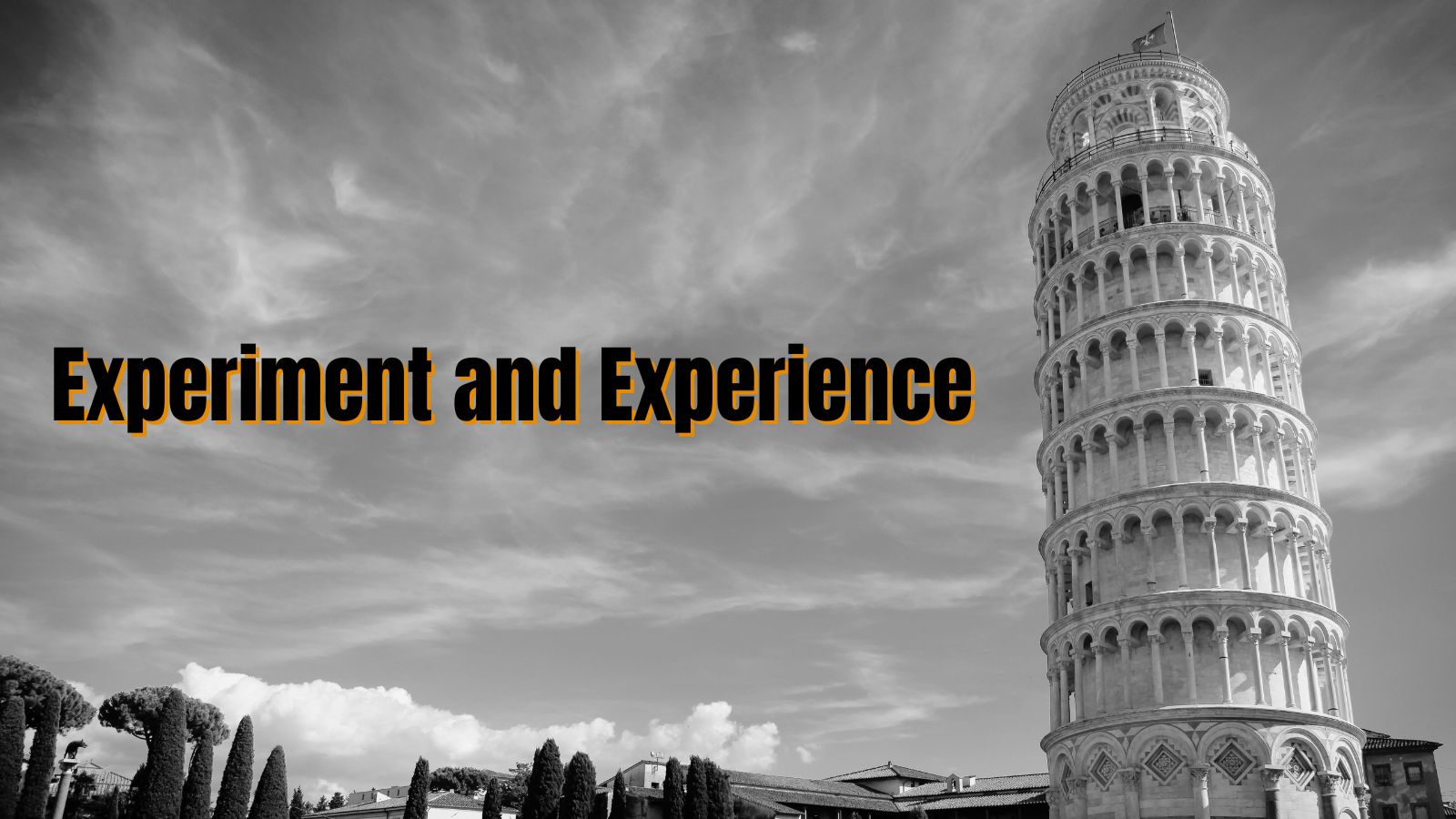
Experimentation
Galileo climbed the Leaning Tower of Pisa and dropped objects of varying weights to prove that resistance has influence over motion. He found as they landed at the same time, this was contrary to Aristotle’s falling-body hypothesis. Isaac Newton came along immediately after Galileo and piggybacked his fundamental concepts of acceleration and force to Galileo’s concept of mass. Newton’s laws of motion provided the foundation for the Apollo Program, which 282 years later put humans on the moon.
Albert Einstein took Newton’s study of light (Newton discovered that white light was composed of all the colors of the rainbow) to new levels when he proclaimed that “a light quantum transfers its entire energy to a single electron.” In other words, light energy comprises tiny individual particles and is not a continuous wave.
These changed our lives in large and small ways because of the process of experimentation. Time and again, these explorers were proven wrong. Yet, they had invited others to disprove their newfound theories as their journey led them to the truth they would soon discover. Humility was a necessary attribute in the search for truth. It was nearly impossible to get to the solve without this vital ingredient.
It’s as if, even in science, there were small steps of faith leading to life-changing discovery. They believed in the foundation laid by their predecessors, and in the path of discovery they were on. These pioneers of science were on a mission that caused them to be persistent and mostly inquisitive as they solved just a few of the very important puzzles of our universe.
The connection between the experiment and the experience of discovery is inescapable. Experiment leads to experience in life, in science, and in faith. The experience is the fruit of that first effort.
The journey of experimentation is what draws the layman into the drama. The thought and energy that goes into the foundations of experiment, and the ensuing debate, is the stuff of emotion and drama that causes the history books to overflow with magnetic content. Most of us are not physicists or concert pianists. Yet we experience the results of the discovery of others that have cracked the code of the human genome, or a beautiful sonata. The layman doesn’t understand the mathematical formula of special relativity, or the music theory behind Mozart’s Piano Sonata Number 11, but we appreciate and benefit from the result.
Think of the ratification process that took place in Philadelphia in 1787 and that debate filled room where America’s Constitution was born. What would it have been like to be present as these great minds sorted out a path forward that would stand the test of time? Thirty-nine of the fifty-five present voted in favor to ratify and send the document out to the states after five days of heated debate. The experiment and the experience of innovation is breathtaking.
Intuition
Einstein said, “A new idea comes suddenly and in a rather intuitive way.” Intuition leads to experimentation, which leads to discovery, which leads to experience. It’s those next steps of experimentation that will lead to discovery. The scientist or the composer can’t just sit on that idea that came in the middle of the night. They will need to act on their premonition and guide it through the gauntlet, leading to innovation and discovery.
A new idea comes suddenly and in a rather intuitive way.
Albert Einstein
How do you see yourself in your appreciation for this mix of innovation, experimentation, and experience? Where can we move from observers to experiencers? I am an observer of the struggles of Galileo in his oppression by the Catholic church. As I read about his humility as he handled this struggle, and through my respect for him, I become a de facto experiencer of his travails and positive outcomes.
When I understand his focus on proving out his theories in light of his persecution, I experience a respect for both his genius and humility. Because I explore his life or other giants, or those in the room in Philadelphia for those five days, I can experience in a small way the result of some of history’s great experiments.
We all have our interests: golf, college football, a walk on the beach, or other hobbies. Most of these have little to do with experimentation or any type of faith-walk. As we go through life, not everyone desires to read history as a contrast to say, the latest best-selling novel. Our inputs are based on personal choice. There is no right or wrong. Nothing to judge, and surely nothing to shame another for the use of private time or interest.
Experimentation and Experience
We all experiment and experience or experiment and solve, on a regular basis. We’ve done this every day for most of our lives since we were children. Much of this has to do with a “cause and effect” interaction. We test our fourth-grade teacher’s patience to see just how much we can get away with. In business, we test markets for margin opportunity, only to realize that when we’re too greedy, we’ll lose business as customers change behavior.
We perform a simple taste test, and we either like the taste, or we don’t. We try a dish with, or without salt, and experiment with sugar-free diets to check results against our former nutritional regimen. Sometimes, we might even experiment with a police officer by setting our cruise control a few miles per hour faster than he is going. In some cases, it’s just like this. We test to see where the lines cross. In other tests, we may seek a healthier lifestyle, or a change of habits in search of a good result. Whether we’ve realized it or not, we are all experimenters with data and behaviors that affect experience.
Faith and Experimentation
The most troubling thing to me is the question of why so many won’t experiment with God and his grace, and thereby miss a life-changing experience interacting with a loving God? After fifty years of experiencing God because of a choice I made when I was eighteen, as sure as I sit here, I can attest to an endless series of spiritual impacts that, in many cases, are unexplainable. I experimented with God by taking that first step and have experienced him ever since.
It’s what is talked about when the writer of Hebrews says, “That by faith, Abraham believed and followed God, even though he didn’t know where he was going.” I didn’t know where God was going to take me when I was eighteen. But the experience has been exhilarating! I took that first step, and I believed he was going to lay out a plan for me. It was such an incredible draw. It must have been quite the experience for Abraham to move into the unknown, where he was completely trusting God to help him push ahead, facing trial after trial.
What blows my mind is the tendency of some friends to absolutely shun the thought of God and his love and plan for us without one tiny step toward exploring God. I know folks that have gone through some of life’s most miserable trials that will not for a minute look in God’s direction. Anxiety, dysfunction, uncertainty, disharmony, and lack of direction is winning in their house. Why wouldn’t you reach out to God if there is even a small chance he exists? Especially when your family is suffering miserably. If he exists, he can help.
If he exists, and love is a real thing, would it not then be possible to experience an outflowing of God’s love like we’ve never experienced before? If he keeps the universe spinning in sync, could he not provide order for our lives? Wouldn’t it be logical to experiment and try God? If he’s who he says he is, and what others have experienced, your life would be certain to change as you experience his plan, versus your plan for your life.
John Henry Jowett said early in the 1900’s, “By a test, faith gains a conquest. By an experiment, faith acquires an experience. Make a hallowed experiment with the powers of grace.”
So the intellect has outsmarted himself. The businessman thinks he’s impervious to corrections and bad choices. Success and its trappings fool the “wise”. The gramma enjoys her grandkids without considering introducing them to a faith in their Creator. The regular guy is happy paying rent, drinking beer, and watching football, and with all of these time marches on and we will ultimately face our Creator. The most unfortunate thing of all is simply the lost time walking in step with a Creator and Redeeming God that loves you immeasurably. That is – without limit! So many never take the small first step of faith and begin the God-Experiment. The one test that has a certain outcome of receiving an unlimited supply of grace and God-sized love and blessing. The Psalms encourage us to, “Taste and see that the Lord is good.”
Are you humble enough to experiment with God? I really think it is a pride thing. To say yes to God can feel like an intrusion to this other life you’ve been living. Yet if you are in any form of bondage – to work, a relationship, a habit, past hurts, your intellect – the faith-walk is the most liberating life.
Faith moves the burden of life from your shoulders to your Creator’s. This faith-walk is the supreme example where being an observer versus one that enjoys the experience is absolutely fatalistic. We can’t afford not to try God. I’m guessing that those who don’t give God place and position in their lives are also experimenting. I’m glad I’m not in that lab!
I’m encouraging you, like Abraham, to follow God – to experiment with God – even though you don’t know where that would lead. I believe it will be the greatest experience of your life!
*Did you love this article? Read “The Cost Of Certitude” here.
